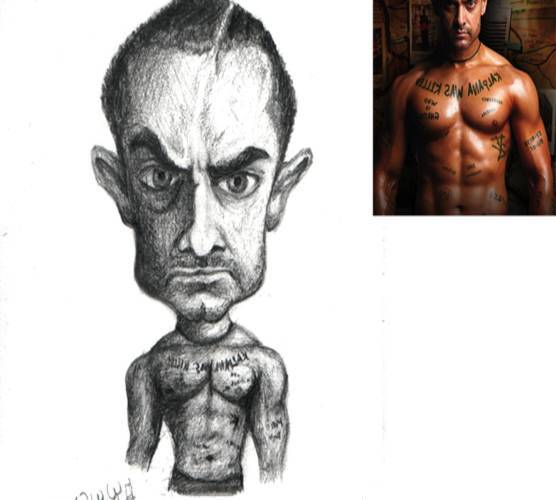

By the time it ended, Roosevelt had so transformed the office and the country that not even his fiercest critics dared attempt to roll back the change.

Brands considers Roosevelt’s career (which roughly mimicked his cousin Theodore’s) at every stage-state senator, assistant secretary of the Navy, vice presidential candidate, governor-but devotes most of the narrative to his unprecedented four-term presidency. Born into every conceivable advantage, FDR-particularly after his midlife polio affliction-became the unlikely tribune of the common man, earning the scorn of those wary of veiled socialism and, later, as war loomed, those fearful of dangerous international entanglements.

Upon taking office in 1932 and facing a worldwide economic depression, he pledged to ask Congress “for the one remaining instrument to meet the crisis-broad executive power…as great as the power that would be given to me if we were in fact invaded by a foreign foe.” Brands focuses on Roosevelt’s bold, persistent, not always successful New Deal experimentation to save capitalism from itself and to preserve democracy. of Texas The Money Men: Capitalism, Democracy, and the Hundred Years’ War Over the American Dollar, 2006, etc.) turns his well-honed biographer’s eye to FDR.Īlthough the progressive administrations of Theodore Roosevelt and Woodrow Wilson had chipped away at the excesses of capitalism, no peacetime executive in American history attempted to wield power as fully as FDR.


 0 kommentar(er)
0 kommentar(er)
